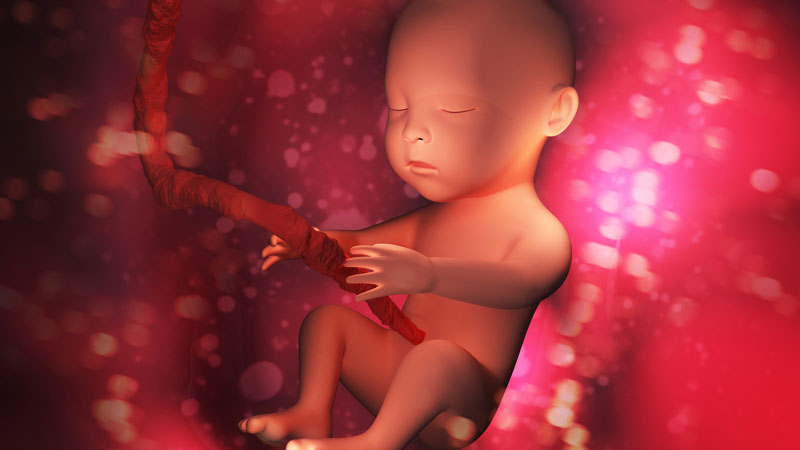South Carolina lawmakers are making protections for unborn babies a priority in the new year.
The Herald Journal reports state lawmakers are backing three new pro-life bills this January, including two heartbeat bills that would prohibit almost all abortions in the state.
The South Carolina Fetal Heartbeat and Protection from Abortion Act (state Senate Bill 1) would prohibit abortions once an unborn baby’s heartbeat is detectable, typically about six weeks of pregnancy, according to the report. Exceptions would be allowed for emergency situations.
A second bill, the South Carolina Stands for Life Act (state House Bill 3163), is similar. It would ban abortions on unborn babies once their heartbeat is detectable, but it also would include criminal penalties for abortionists who violate it, according to the report. State Reps. Rita Allison, Bill Chumley, Max Hyde, Roger Nutt, Steve Long and Josiah Magnuson are among the co-sponsors.
Meanwhile, a third pro-life bill, state House Bill 3512 pre-filed by state Rep. Steve Long, would protect unborn babies with disabilities by banning abortions “if the sole reason that the unborn child has a fetal anomaly,” the report states.
REACH PRO-LIFE PEOPLE WORLDWIDE! Advertise with LifeNews to reach hundreds of thousands of pro-life readers every week. Contact us today.
Polls suggest many Americans support these protections. A 2019 Hill-HarrisX survey found that 55 percent of voters said they do not think laws banning abortions after six weeks – when an unborn baby’s heartbeat is detectable – are too restrictive.
Gallup polls also consistently have found that a majority of Americans think all or most abortions should be illegal. In 2018, 53 percent of respondents said abortions should be legal in only a few (35 percent) or no circumstances (18 percent).
While a number of other states also have passed heartbeat laws and protections against discrimination for unborn babies in recent years, most have been prohibited from enforcing them due to legal challenges by abortion activist groups.
Some pro-lifers have renewed hope that the U.S. Supreme Court will uphold an abortion ban and overturn Roe v. Wade. Others, however, are hesitant because of concerns about losing the court battle and being forced to reimburse pro-abortion groups for their legal fees.
Though the high court currently has a conservative majority, Chief Justice John Roberts, who was nominated by a Republican president, has sided with the liberal justices on a number of occasions.
North Dakota and Arkansas passed heartbeat laws several years ago, but federal courts struck down both laws. Judges also blocked heartbeat laws in Iowa, Georgia, Ohio, Mississippi, Missouri, Tennessee and other states.
The Eighth Circuit Court of Appeals said the following about its ruling on the six-week abortion ban: “Because there is no genuine dispute that (North Dakota’s law) generally prohibits abortions before viability — as the Supreme Court has defined that concept — and because we are bound by Supreme Court precedent holding that states may not prohibit pre-viability abortions, we must affirm the district court’s grant of summary judgment to the plaintiffs.”
The Supreme Court took away the states’ ability to protect unborn babies from abortion under Roe v. Wade, and instead allowed abortion on demand through all nine months of pregnancy. Roe made the United States one of only seven countries in the world that allows elective abortions after 20 weeks.








